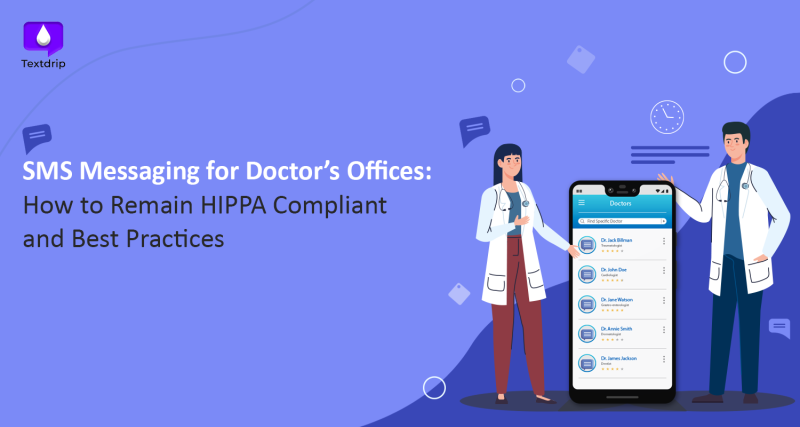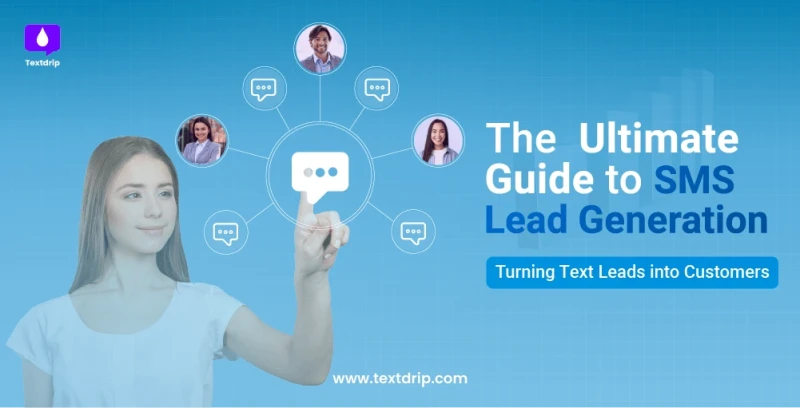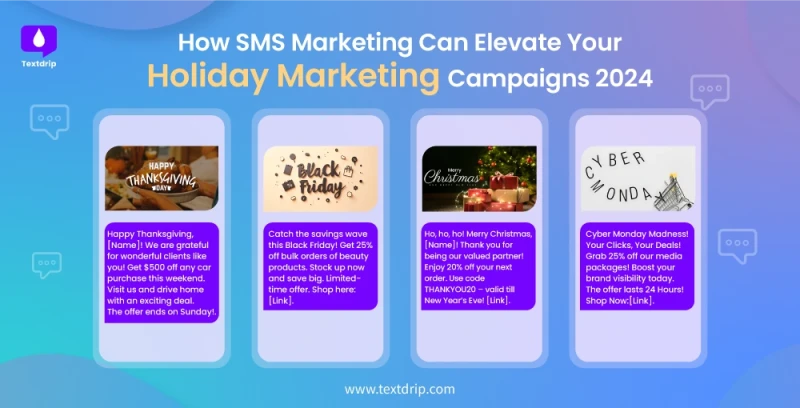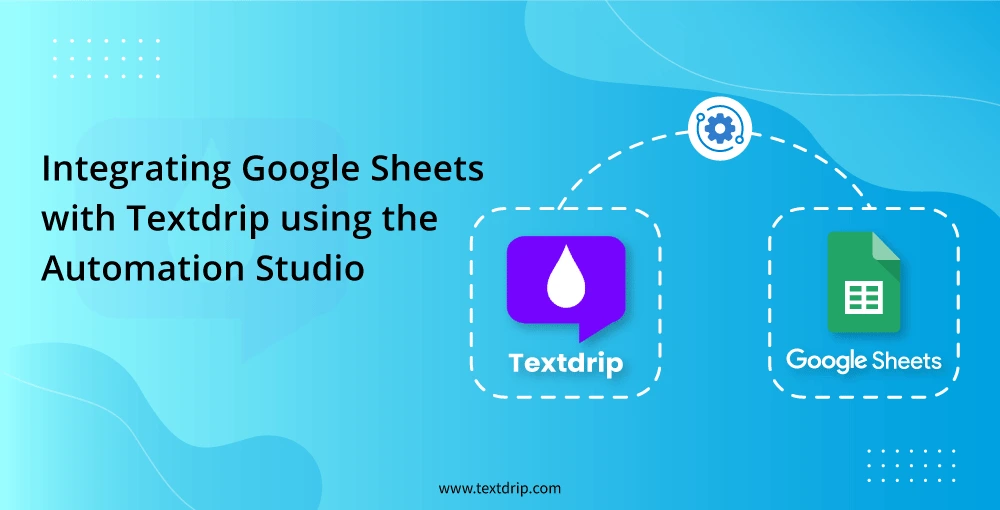
SMS Messaging for Doctor’s Offices: How to Remain HIPAA Compliant and Best Practices

11 September 2022

TJ Gaushas
If you're a doctor's office looking for a new way to reach your patients, you may want to consider SMS marketing software. SMS marketing software allows you to efficiently run SMS campaigns, sending targeted text messages to your patients' phones.
With features like appointment reminders, form delivery, and test result access, SMS marketing software is a convenient and direct method to deliver important information. Explore the benefits of SMS marketing software for your doctor's office today.
SMS campaigns are also very cost-effective and can be an easy solution to slip into your yearly budget. In addition to patient outreach, using a platform like Textdrip also allows you to build drip campaigns and gear your SMS messages toward marketing outreach for your doctor’s office.
Talk about killing two birds with one stone! SMS Drip Campaigns are much cheaper than traditional advertising methods like TV, radio ads, or billboards. And since more and more people are using their phones to access the internet, you'll be able to reach a wider audience with your SMS campaign.
SMS campaigns are also highly targeted allowing you to target your messages to specific demographics, like age or location. This ensures that your message is reaching the people who are most likely to be interested in it.
If you're considering SMS campaigns for your doctor's office, there are a few things you need to keep in mind to make sure you stay compliant with HIPAA regulations.
What is HIPAA?
The Health Insurance Portability and Accountability Act (HIPAA) is a federal law that requires all healthcare providers to maintain the privacy of patients' protected health information (PHI). PHI includes any information that could be used to identify a patient, including name, address, date of birth, Social Security number, and medical records.
Under HIPAA, healthcare providers must take steps to ensure that PHI is kept confidential and secure. They must also provide patients with access to their own PHI upon request. Patients have the right to request that their PHI be amended if they believe it is incorrect or incomplete.
HIPAA also establishes rules for how PHI can be used and disclosed. For example, healthcare providers can only use or disclose PHI for treatment, payment, or healthcare operations. They must also obtain patient consent before using or disclosing PHI for any other purpose.
HIPAA violation can result in civil and/or criminal penalties. Civil penalties can include fines of up to $50,000 per violation and imprisonment of up to 1 year. Criminal penalties can include fines of up to $250,000 and imprisonment of up to 10 years.
Patients who believe their rights have been violated can file a complaint with the U.S. Department of Health and Human Services Office for Civil Rights.
The HIPAA Privacy Rule
The HIPAA Privacy Rule establishes national standards to protect individuals' medical records and other personal health information. The Rule requires covered entities – such as healthcare providers, insurers, and clearinghouses – to provide patients with notice of their privacy practices, to obtain patient consent before using or disclosing PHI, and to take steps to safeguard the confidentiality of PHI.
The HIPAA Security Rule
The HIPAA Security Rule sets national standards for the security of electronic PHI. Covered entities must take reasonable steps to protect PHI from unauthorized access, use, disclosure, or destruction. They must also ensure that any third-party service providers they work with maintain the confidentiality and security of PHI.
The HITECH Act and Breach Notification Rule
The Health Information Technology for Economic and Clinical Health (HITECH) Act, enacted in 2009, strengthens the privacy and security protections established by HIPAA. The HITECH Act also requires covered entities to notify patients when their PHI has been subject to a data breach.
Under the Breach Notification Rule, covered entities must provide notice to patients, the media, and the U.S. Department of Health and Human Services Office for Civil Rights within 60 days of a data breach that affects 500 or more individuals. Covered entities must also notify affected individuals without unreasonable delay and no later than 60 days after the breach.
For more information about HIPAA, visit the U.S. Department of Health and Human Services website.
SMS For Doctors: How to Remain HIPAA Compliant With SMS Messaging
Best Practices for HIPAA Compliance
Secure Servers:
All of your messages must be sent through a secure server. This means that any messages sent through your server can only be read by the intended recipient. Messages must also be encrypted. This means that they can only be read by someone with the correct key.
Finally, it’s a good idea to use a digital signature. This is a code that is unique to you and helps to prove that the message is from you and not someone else.
There are many other things to consider when it comes to secure messaging, but these are just a few of the most important things to keep in mind. By following these tips, you can help to keep your messages safe and secure.
Get Permission
You'll need to get permission from each patient before you can start sending them text messages. You should include a statement in your SMS campaign that gives patients the option to opt out of receiving future messages.
By including an opt-out statement in your SMS campaign, you're giving patients the power to control how they receive information from your practice. And that's a good thing! Patients who feel like they have a choice in how they receive information are more likely to be engaged with your campaign, and more likely to stick with it over time. Plus, it shows that you respect their time and privacy.
So make sure to include an opt-out statement in your next SMS campaign! It'll only help you in the long run.
Keep Track of Data
You'll need to keep track of all the messages you send and receive. This includes keeping a list of all the numbers you've sent messages to, as well as the content of those messages. An easy way to do this is to create a spreadsheet on your computer.
Although a very small measure, it's extremely important to keep track of sent and received messages; it can save you a lot of trouble if you ever need to reference text messages later.
Do’s and Don'ts
- Only send SMS messages to patients who have opted-in to receive them.
- Only authorized users should have access to the platform and patient information
- Don't include any PHI or identifying information in the body of the SMS message. This includes things like names, SSNs, birth dates, diagnoses, or treatment plans.
- Make sure all SMS messages are sent from a secure platform that is compliant with HIPAA regulations.
- If using SMS messaging to provide lab results, include a secure link for patients to log into their patient portal to receive results.
- Have a way for patients to opt out of receiving SMS messages at any time.
Following these tips will help you stay HIPAA compliant when using SMS campaigns in your doctor's office.
Knowing the basics of HIPAA is the first step to successful patient outreach. Make sure all staff are fully aware of HIPAA guidelines and best practices to follow when reaching out to patients. Now that you are aware of HIPAA with SMS Messaging, it’s time to get started with connecting to patients!
How to Use SMS Campaigns for My Office
SMS Campaigns are a great tool for doctor's offices to use in order to improve communication with their patients. These campaigns can be used for a variety of purposes, all of which can help to improve the overall care that patients receive.
1. Appointment reminders - SMS campaigns can be used to send appointment reminders to patients. This can help reduce the number of missed appointments, and make sure that patients show up on time.
2. Recalls and alerts - If there is a recall or alert for a medication, doctors can use SMS campaigns to reach out to their patients and let them know. This can help prevent serious health complications.
3. Promotions - Doctors can use SMS campaigns to promote new services or specials that they are offering. This can help increase business and bring in new patients.
4. Patient Surveys - SMS campaigns can be used to send out patient satisfaction surveys. This feedback can help doctors improve their services and better meet the needs of their patients.
5. Emergency Notifications - In the event of an emergency, doctors can use SMS campaigns to reach out to their patients and let them know what is going on. This can help keep everyone safe and informed during a chaotic situation.
6. Billing Reminders - You can use SMS Campaigns to remind patients of upcoming billing deadlines. This helps to ensure that patients are staying on top of their bills and reduces the risk of them falling behind.
7. Lab Results - Doctors' offices can use SMS campaigns to send patients their lab results. This can save time and hassle for both the patient and the doctor's office.
8. Prescription Refill Reminders - Patients often forget to refill their prescriptions, but doctor's offices can use SMS campaigns to remind them. This can help to ensure that patients stay on track with their medication regimens.
Other Creative Ways to Use SMS Campaigns to Benefit Patients
SMS campaigns are a great way for doctors' offices to keep in touch with their patients and provide them with valuable health-related information.
Here are some additional ideas to keep patients interested in hearing from you:
1. SMS campaigns can be used to offer holiday greetings from the office staff or an “important message from your doctor”.
2. Remind patients of important health screenings or vaccinations that they may need.
3. Share educational information with patients about various health topics.
4. Alert patients of changes or updates at the doctor's office, such as new office hours or changes in insurance acceptance.
5. SMS campaigns can be used to answer frequently asked questions from patients, such as where to find forms or how to make a payment.
6. Promote special offers or discounts that the doctor's office may be running.
7. Gather feedback from patients about their experience at the doctor's office.
8. Survey patients about their health or wellness goals.
9. Help connect patients with resources or support groups outside of the doctor's office.
10. Promote healthy lifestyle choices and provide tips for living a healthier life.
Final Words
SMS campaigns can be a great way to reach your patients and save money on advertising. Just make sure you follow HIPAA regulations to stay compliant.
If you follow the simple guidelines listed in this article, you can ensure that your text messages are compliant with HIPAA regulations.
Try Textdrip today and see how it can help you easily implement SMS messaging into your practice! We also offer a free trial that you can try it out for yourself. No Commitment. Book a free demo to get started today! www.calendly.com/textdrip/demo
Explore more content
More Sales Opportunities?
Automate your text messaging hustle to generate more sales opportunities with Textdrip and watch your business grow.











